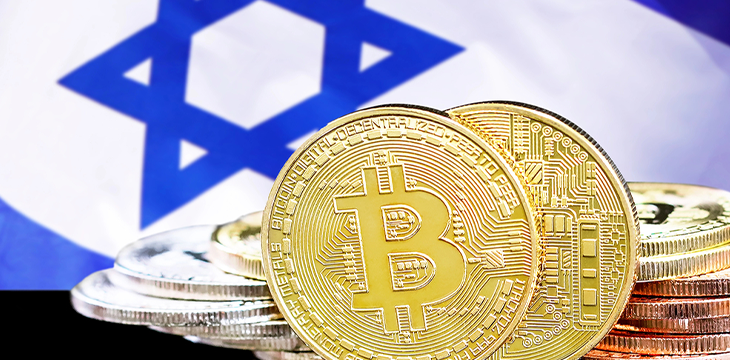|
Getting your Trinity Audio player ready...
|
The Bank of Israel (BOI) has postponed the launch of its digital shekel CBDC.
After successful pilots and collaboration with the Bank of International Settlements (BIS) and several other central banks, BOI Deputy Governor Andrew Abir told Reuters it was waiting for a major Western central bank to launch before pulling the trigger.
In Abir’s view, that’s most likely to be the European Central Bank (ECB). While the Bundesbank President recently said the digital euro won’t launch anytime soon, the ECB is still far ahead of the Federal Reserve, which hasn’t fully committed to creating a CBDC.
Israel’s move comes amidst a flurry of other CBDC news, including the live testing of mBridge, a BIS initiative to make cross-border settlements between central banks faster and more efficient.
Attitudes toward CBDCs determine progress
The world tends to be split into three camps when it comes to CBDCs: proponents, opponents, and those who don’t know or don’t care about them. Not coincidentally, the attitudes of the public in each country often correlate with CBDC progress.
In developing nations like Nigeria and Indonesia, surveys show there is a strong focus on the positives of CBDCs and what they can do for economic growth. People surveyed in these countries tend to focus on microtransactions, peer-to-peer payments, and lower payment fees.
However, in developed countries like the U.S. and European Union member states, there are deeper concerns about political matters. Citizens of these countries see the potential benefits of CBDCs but worry about the loss of privacy and giving governments too much control.
Given this, it’s not surprising that Israel has had to put its CBDC on pause for now: no major Western central bank is even close to ready to launch a live digital currency. In fact, the private sector is far ahead of the central bankers when it comes to tokenized versions of the USD, EUR, and GBP.
Will CBDCs help developing nations leapfrog their Western counterparts and provide alternative payment systems that bypass the control of Western powers? Time will tell, but for now, they’re miles ahead, and the BOI decision reflects that.
CBDCs are a double-edged sword
Like all technological advancements, CBDCs come with some benefits and drawbacks.
While they will undoubtedly make payments faster and more frictionless, promote financial inclusion by allowing mobile users to utilize them as digital cash, and enable central banks can dish out programmable money directly, there are some major concerns to consider, too.
Could CDBDs lead to the collapse of the retail banks and cause a financial crisis? Some bankers think so, expressing concern that the siphoning off of deposits could kill some banks and cause a tightening of credit. Likewise, it doesn’t take much imagination to consider how CBDCs could lead to a dystopian scenario should a tyrannical government come to power.
Whatever side of the argument you fall on, CBDCs are coming. The central banks of 134 countries, representing 98% of the global economy, are exploring, developing, and testing them. Some, like China, have already released them, and others, like Israel, are waiting in the wings.
Given this, the question becomes how we can harness the benefits of CBDCs while mitigating their negative impacts. The answer is for central banks to issue and run them on a public, permissionless ledger. This would allow not only greater interoperability and atomic swaps between currencies, but it would do away with some of the concerns CBDC opponents raise, such as by making it impossible for any government to control the ledger and abuse its power.
For now, most CBDC experimentation uses private ledgers controlled by the central banks. As long as this is the case, pushback and opposition to them will continue. Hopefully, in time, central banks will realize the middle way and run them on a scalable public blockchain.
Watch: CBDCs are more than just digital money

 02-16-2026
02-16-2026 




